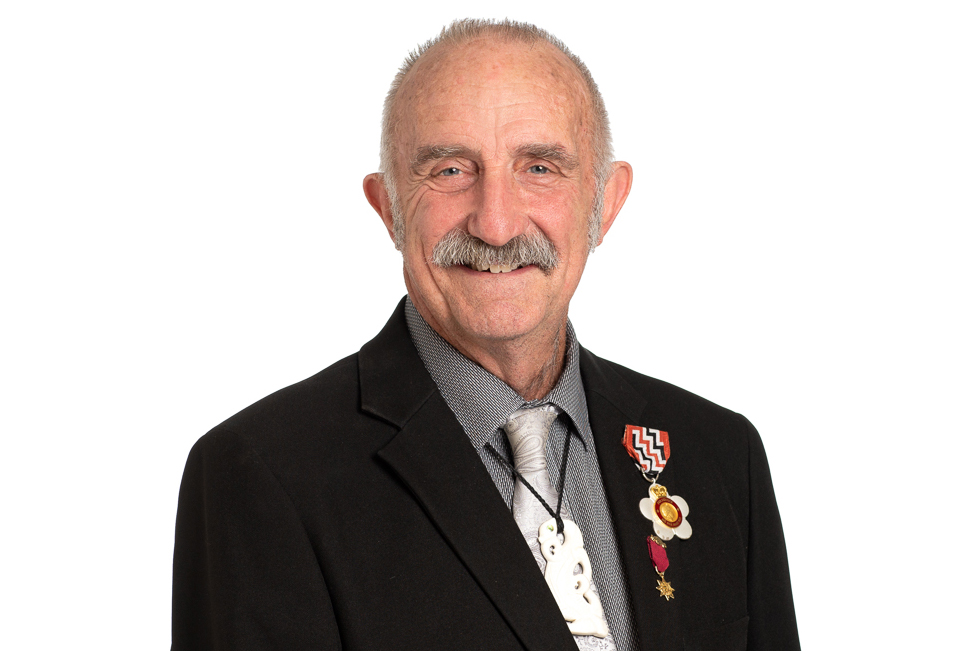Blanket speed reduction no solution
By Mayor John Carter.
Last week I wrote about some of the key challenges the Council is facing this year. Today, I want to highlight another issue. Plans by the national transport agency, Waka Kotahi, to reduce speed limits on the region’s state highways from 100km/h to 80km/h.

Last week I wrote about some of the key challenges the Council is facing this year. Today, I want to highlight another issue. Plans by the national transport agency, Waka Kotahi, to reduce speed limits on the region’s state highways from 100km/h to 80km/h. The agency says this speed reduction will decrease the number of deaths and serious injuries seen annually on our roads. I agree that the road toll in Northland is something we should all be concerned about. Northland has the second highest rate of road deaths and serious injuries in the country, totalling 14.4 fatalities per 100,000 people. The national average is 6.3. Unlike many other regions, most of our road deaths and serious injuries occur on state highways, not local roads.
You may recall that last year the agency ran a region wide consultation on road safety that included a review of speed limits. This review was of state highways only, not district roads which are managed by the Council. In October 2021, Waka Kotahi announced that it had received 1162 submissions on the 11 state highways included in the speed review and it also released a summary of review responses. That feedback confirmed residents are concerned about road speeds around schools, marae, urupā, and along specific stretches of highway that are too windy and narrow for the current 100km/h limit. However, submitters also said they support 100km/h speed limits elsewhere and expressed concerns that lowering speeds would increase driver frustration and dangerous behaviour. Others suggested that improving road maintenance, enforcing speed limits, building more passing lanes, and improving driver training and licensing would also lower crash numbers.
Despite that feedback, Waka Kotahi has opted for a one-size-fits-all approach. It is proposing that Northland state highways have a blanket 80km/h speed limit, whether it’s SH1 from Pukenui to Kaitāia or the Waipū straights. Like me, Deputy Mayor Ann Court, who is a member of the Northland Regional Transport Committee, and Kaipara Mayor, Dr Jason Smith, have questioned this logic. We agree that Northland’s roads are community lifelines, whether you live in Kaipara, Whangārei or the Far North. We have minimal public transport and, while we welcome more footpaths and cycleways, these can never provide viable alternatives for Northlanders travelling long distances.
It is difficult not to conclude that singling Northland out (and we have been – no other region is facing a blanket speed reduction) is simply a way to avoid addressing decades-long underfunding of Northland’s roading network. That underfunding has already put us at an economic disadvantage compared to other parts of the country. A blanket speed reduction will only increase that disadvantage.
The speed reductions are not a done deal. Waka Kotahi is planning to launch a formal public consultation on its final recommendations. It has not yet confirmed when that consultation will begin but I urge all Northlanders to make your views known once it gets underway. We need innovative and meaningful solutions for our road toll, not a punitive one-size-fits-all approach.
Tags: News story

